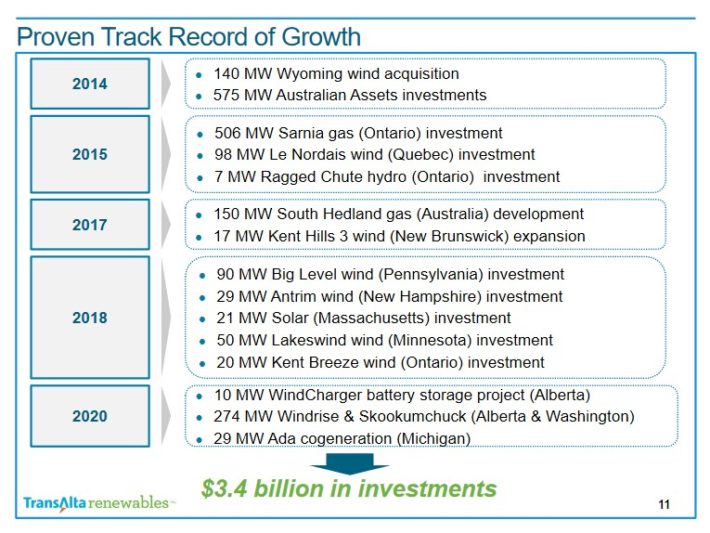The San Francisco Board of Supervisors is rethinking its legislative desire to punish states that do not live up to its liberal standings. Passed in 2017, the city’s 12X law put the kibosh on doing business with states that passed laws it deems too restrictive of LGBTQ rights, abortion access, and other pet issues. But the city’s residents have felt the pain. The law was ineffective and costly, and it’s up for a full repeal.
The city was determined to bend conservative states to its will, imposing a certain level of morality for those outside the rainbow bubble. Accordingly, elected officials created a list of states that would not be welcome to bid for city-sponsored business. That list included all manner of contracting services and employees of San Francisco city and county are forbidden from doing business with companies from the states on said roster – all thirty of them.
Then came reality: A report issued on Feb. 10 from the city administrator, Carmen Chu, revealed: “Since 12X became operative, the number of banned states has grown from 8 states in 2017 to 30 in 2022. This increase suggests that the city’s threat of boycott may not serve as a compelling deterrent to states considering restrictive policies.”
To put the cherry on the sundae, the good governor of California, Gavin Newsom, escorted his family on vacation to Montana last July. Montana is on the “no-go” naughty list. It’s difficult to police all of America.
The Cost of Superiority
The law is primarily a hysterical reaction to a North Carolina bill passed in 2016 which prohibited men from hanging out in women’s bathrooms or locker rooms. Perhaps they overcorrected in attacking the views aligned with opposing perceptions of gender identity. So California responded specifically by designing legislation that “has enacted a law that voids or repeals, or has the effect of voiding or repealing, existing state or local protections against discrimination on the basis of sexual orientation, gender identity, or gender expression.” Virtue signaling and solving an optics problem with the LGBTQ crowd.
But the law is costing taxpayers a lot of money. San Francisco’s contracting costs have risen roughly 10-20%, and the city seems to be reprioritizing the superiority clause.
Plan B: San Francisco Saves Face

Rafael Mandelman (Photo By Lea Suzuki/The San Francisco Chronicle via Getty Images)
The impact of the 12X experiment is a losing financial situation. Those who may want to save face are proposing five separate plans ranging from revisions that preserve the intent to abolishing it and carrying on as if nothing happened. San Francisco Supervisor Ahsha Safaí suggested exempting construction contracts from the ordinance, while keeping the 30 states in the doghouse. Her colleague, Rafael Mandelman, said it’s an all-or-nothing decision: “It’s an ineffective policy that complicates the business of San Francisco government and makes it very likely that we pay more than we should for goods and services.” He may be on to some sort of capitalism kick.
The mayor of the City by the Bay, London Breed, has also weighed in on solutions. Breed’s office put out a statement: “The mayor recognizes the well-intentioned effort behind the boycott and acknowledges the many difficulties that affect contracting in the city, and would support changes, including the legislation being worked on by Mandelman.” So, just kiss it goodbye as a flop.
It may also have conservative groups reconsidering their next plans of attack. The American Legislative Exchange Council (ALEC) encourages state legislators to create laws to shield companies from punitive political boycotts. The proposed boilerplate legislation states: “Banks are increasingly denying financing to creditworthy companies solely for the purpose of marketing their environmental or social justice credentials, to the detriment of their clients and shareholders.”
Americans have tried legislating morality a time or two but it always backfires. This country was created by independent-minded people who just wanted to be left alone. Though it is hard to imagine at times, that spirit still exists today on both sides of the political divide, whether financially feasible or not.
Do you have an opinion about this article? We’d love to hear it! If you send your comments to [email protected], we might even publish your edited remarks in our new feature, LN Readers Speak Out. Remember to include the title of the article along with your name, city, and state.
Please respect our republishing guidelines. Republication permission does not equal site endorsement. Click here.
















